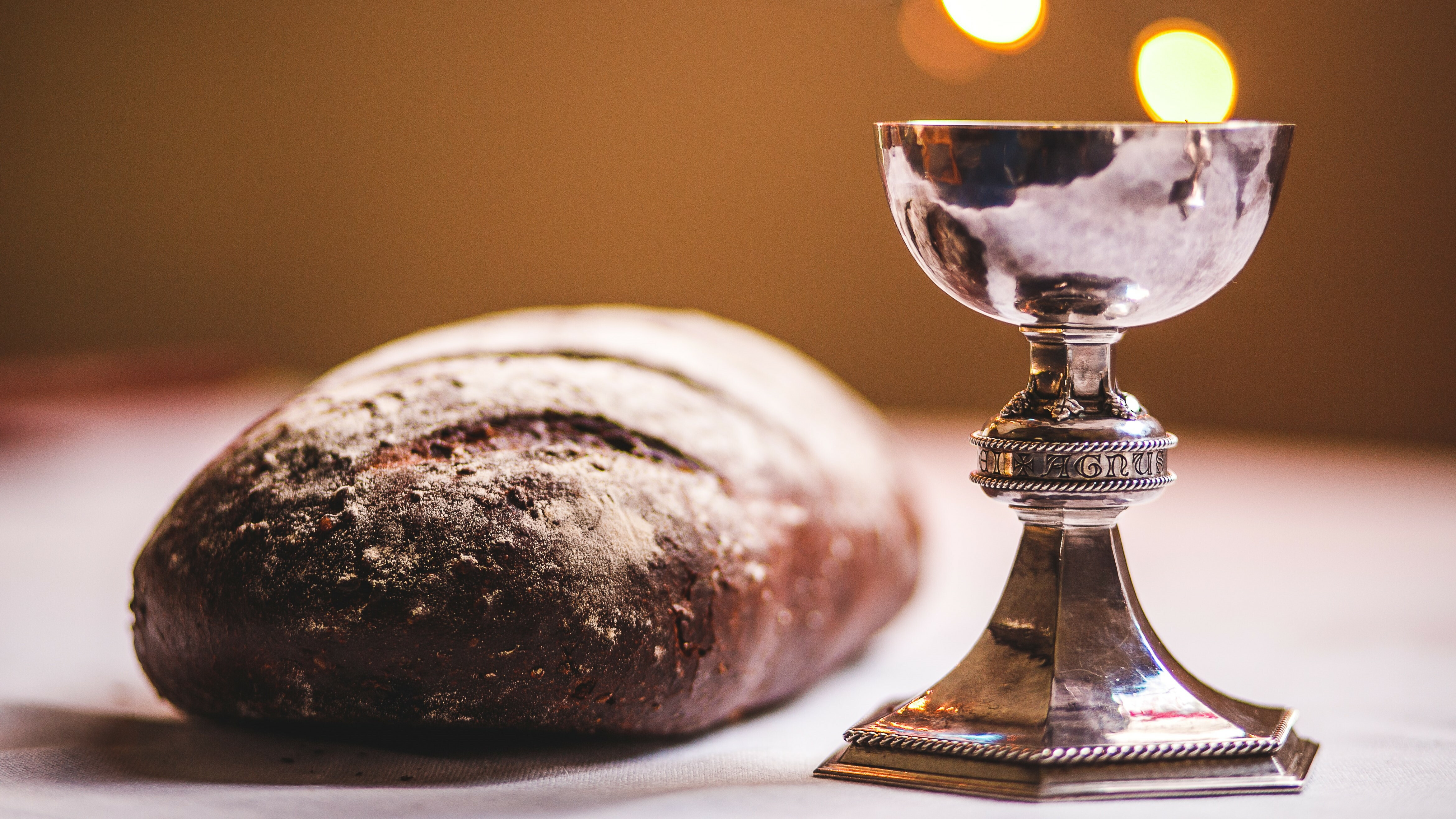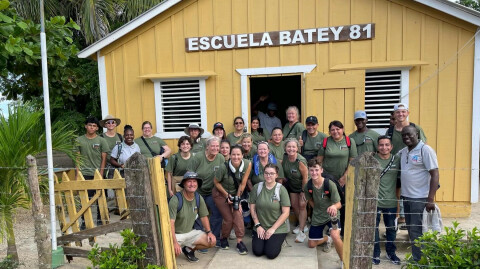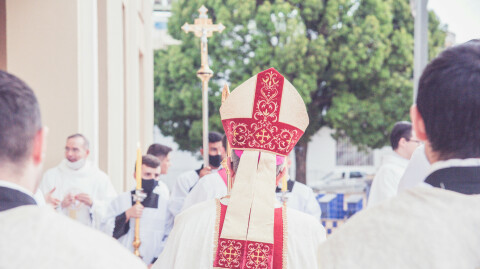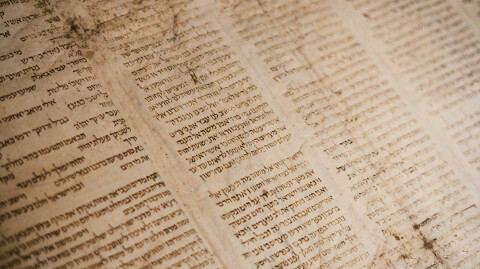TLDR: For six weeks we have not had more than one person attend our Thursday services, yet our BCP clearly says, “There shall be no celebration of the Lord’s Supper, except there be a convenient number to communicate with the Priest, according to his (her) discretion.” Please read on for more about this.
I while back I preached a sermon in which I used the expression “Sine Nobilitate”. Many of the oldest European universities were funded through generous endowments from various royal families. As an example, we know that Henry VIII’s grandmother, Lady Margaret Beaufort, was instrumental to the building and support of Jesus’ College at Cambridge. As a result, most universities went the extra mile to cater to the children of the nobility. It was a known practice to use royal titles in registration rolls to aid university staff in the identification of these most distinguished students (Prince, Lord, Duke…). On the other hand, when a non-titled student was registered, the expression “sine nobilitate” (without nobility) was always added to their name to mark a clear distinction between them and the children of the royalty. Once you know this, the story becomes a powerful illustration for the preaching of the Gospel. “Through baptism into Christ’s death and resurrection we are all children of the King of Kings and Lord of Lords. All of us are endowed with nobility. No one who believes in Christ is ‘sine nobilitate’. Likewise, one of the great lessons Christians draw from Genesis is a call to recognize the great nobility of every human being because we share the image of God in whose very own image we were created…”
Yesterday, Bishop Doyle reminded me of another great “Sine” or “without.” This one is, “sine populo, or without people.” The expression is associated with the celebration of the Holy Eucharist by the priest alone, a tradition well-known to Roman Catholicism since the early Middle Ages. There were many reasons for the “Misa Solitaria” or private mass, the first of which was monastic spirituality. These were masses celebrated for their own sake, without the necessity of any participants and meant to aid the spirituality of the priest himself. During the seventh century, many cathedrals began to build side altars throughout the cloistered walls of their churches for priests to celebrate masses sine populo in low voices throughout the day. In fact, when masses for the dead because popular in Catholicism, priests would be hired to say the masses for the dead every hour on the hour sometimes from sunup to sundown. (These were known as chancel priests).
I don’t intend here to do an exhaustive history of these liturgies, but I highly recommend it to you. Let me just say that after the Protestant Reformation, these services came under great criticism and were, in fact, prohibited in Anglicanism, Lutheranism, and other Reformed churches. In the Roman Catholic Church, there was also great debate about these services, but they were allowed to continue. In the 1917 Code of Canon Law, the Ordo Missae sine populo (order for the private mass) demanded that these services have at least one server, other than the priest, so that someone could voice the responses of the people. During the Second Vatican Council these services were discouraged, but not prohibited. In fact, documents from the council recommended that the term “Private Mass” be discontinued because no mass is truly private for those who believe in the communion of saints and Christ’s presence with the celebrant at all times. Today’s Code of Canon Law states: "Except for a just and reasonable cause, a priest is not to celebrate the eucharistic sacrifice without the participation of at least some member of the faithful.” (Canon 906.) Current Canon Law, therefore, still allows for “mass sine populo” at the discretion of the priest himself.
Although neither the Catechism of the Episcopal Church (BCP 845-862), nor Articles XXVIII, XXIX, or XXX of the 39 Articles of Religion (BCP 867-876) say anything about Missae sine populo, the 1662 Book of Common Prayer was very clear that, “There shall be no celebration of the Lord’s Supper, except there be a convenient number to communicate with the Priest, according to his discretion.” This has been the practice of the Episcopal Church for centuries. We are a Church of the Reformation and we do not believe in the Holy Eucharist as a private devotion for the priests. The Book of Common Prayer allows for excellent rubrics for the celebration of Morning, Noon, Evening, and Compline prayers for the benefits of the clergy and all the laity. For the Holy Eucharist to be celebrated, however, there must be a congregation present, which means two or more people gathered around the celebrant and the altar.
WHY THIS LONG LITUGICAL BLOG? For a very simple reason. For the last six weeks, we have had either just one person or no one at our Thursday noon services. It is ironic that while growing in Average Sunday Attendance, the Thursday service may no longer be necessary. It is sad to see a person come to the Holy Eucharist expecting a full service, only to be told, “Let us do Noon Day Prayer today because we need at least two people other than me to celebrate the Holy Eucharist.” But Holy Communion “Is a reenactment of the Last Supper Jesus shared with his disciples before his death on the cross. Any baptized person is welcome to share in this meal of bread and wine.” (https://www.epicenter.org/the-episcopal-faith/episcopal-faith/.) It is a communal meal, not a solitary way to feed the priest’s spirituality.
It is for these reasons that I have decided to suspend all Thursday Holy Eucharist services for the immediate future. If this decision makes you uncomfortable and you wish to have a conversation, please call my office to have a talk. If you are one of the people who used to come to this service and you find yourself in need of home communion, please let us know and we will gladly visit you. Lastly, if you have a small group who would like to start attending this service because this service is important to you, please let us know before November 2 and we will reconsider,
Blessings to you,
Fr. Roman+





